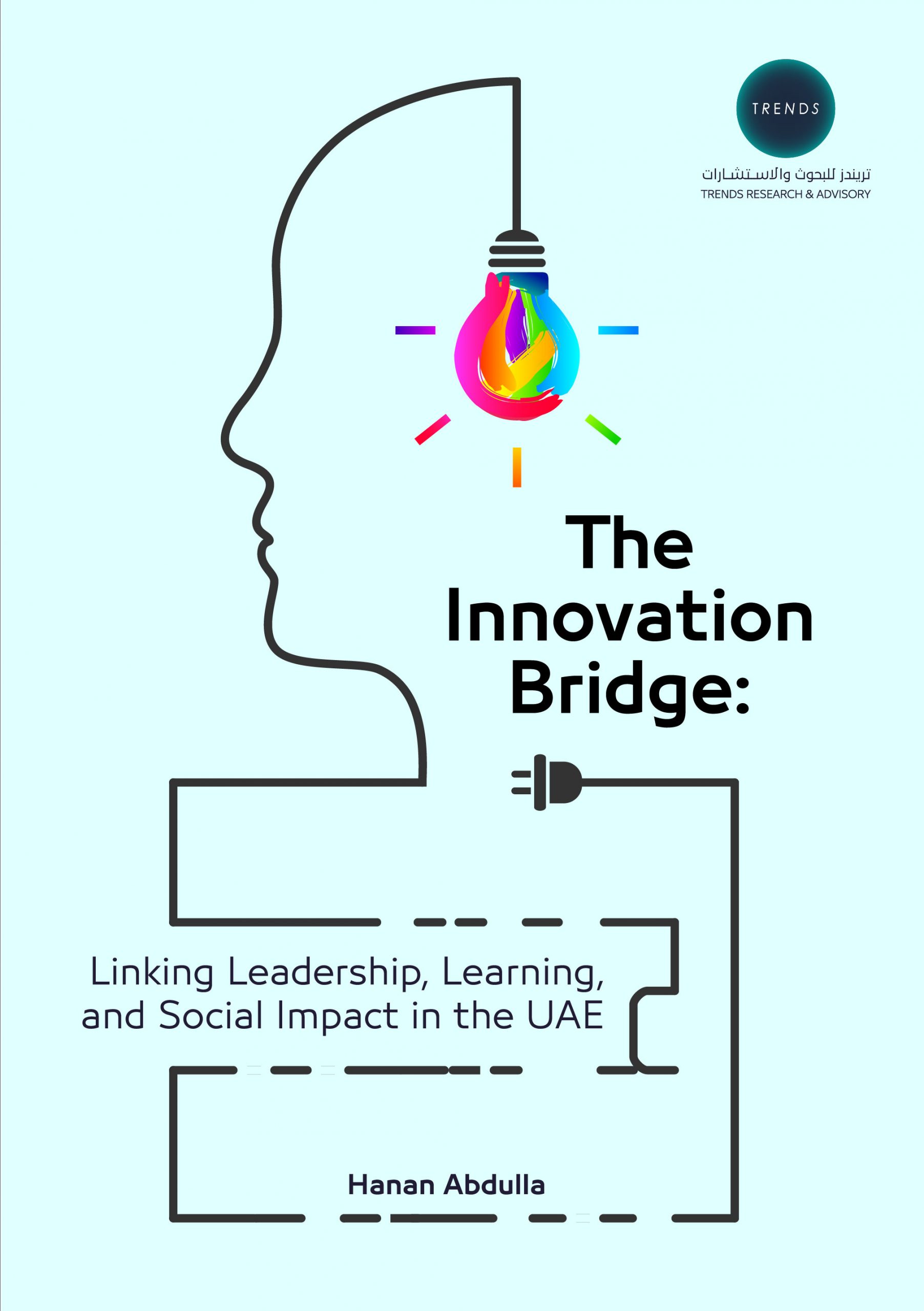The twenty-first century has ushered in a paradox. On the one hand, we have never had so many technological tools, streams of data, or global networks to solve problems. On the other hand, societies everywhere feel the weight of problems that seem to outpace solutions: climate change, recurring pandemics, rising inequality, strained healthcare systems, and the disruptive power of artificial intelligence.
Citizens expect governments not just to respond to crises but to anticipate them, to deliver services seamlessly, and to do so with integrity and fairness. Yet, in many countries, public institutions still carry the image of being slow, bureaucratic, and resistant to change. Governments are often criticized for taking too long to innovate or for producing reforms that feel cosmetic rather than transformative.
At the same time, there is growing recognition that the public sector is not a bystander in innovation; it is one of its central actors. While private firms often receive the spotlight for technological breakthroughs, it is governments that set the rules, mobilize resources, and carry the responsibility for equity and long-term sustainability. Innovation in the public sector, therefore, is not a luxury—it is an imperative.
The urgency has been made even clearer by recent global disruptions. The COVID-19 pandemic, for example, showed both the fragility and the potential of public systems. Countries with agile, digitally enabled, and responsive governments were able to deliver vaccines, coordinate relief, and communicate with citizens more effectively than those trapped in rigid bureaucracies. Likewise, the climate crisis is pushing governments to rethink infrastructure, energy systems, and public services in ways that require creativity and collaboration across sectors.
The lesson is stark: if governments do not innovate, they risk becoming irrelevant to the very citizens they are meant to serve. And if they innovate without the right leadership, organizational climate, or learning capacity, reforms may remain on paper, disconnected from real change.




